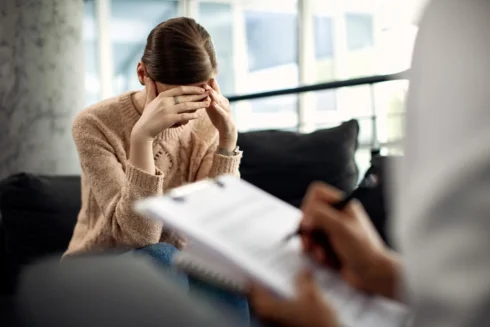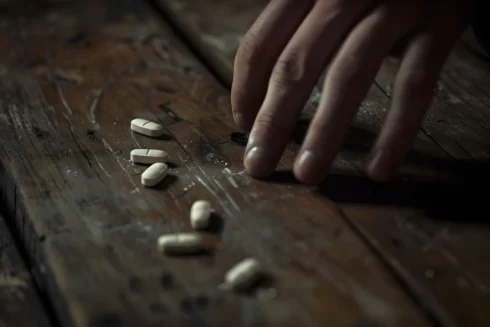PTSD Symptoms and Treatment
PTSD Symptoms and Treatment
What is PTSD?
Post-Traumatic Stress Disorder (PTSD) is a mental health condition that may develop following exposure to a traumatic event. Traumatic events can include accidents, natural disasters, physical or sexual assault, combat experiences, or witnessing violent incidents. PTSD can significantly impact an individual’s daily life, relationships, and overall well-being. If you or someone you know is grappling with symptoms of PTSD, seeking help and support from a mental health specialist is crucial. Effective PTSD rehab offers guidance, therapy, and treatment options to manage the condition.
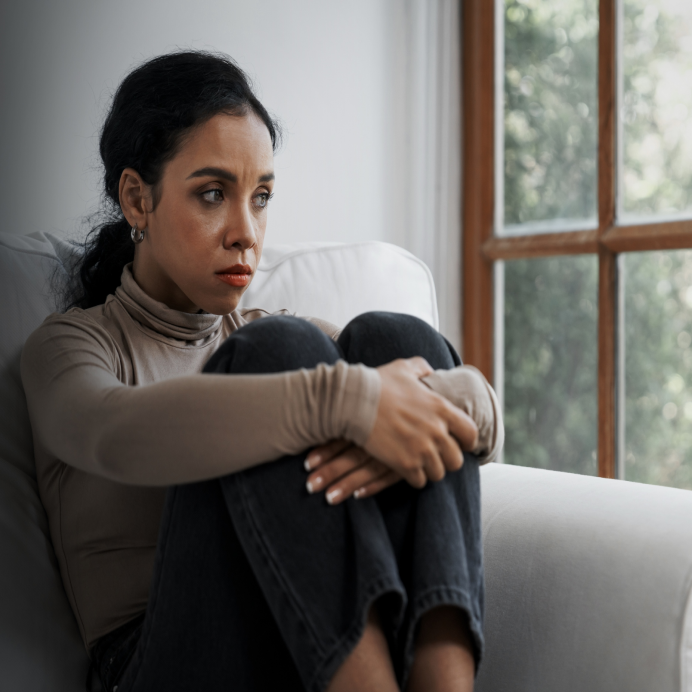
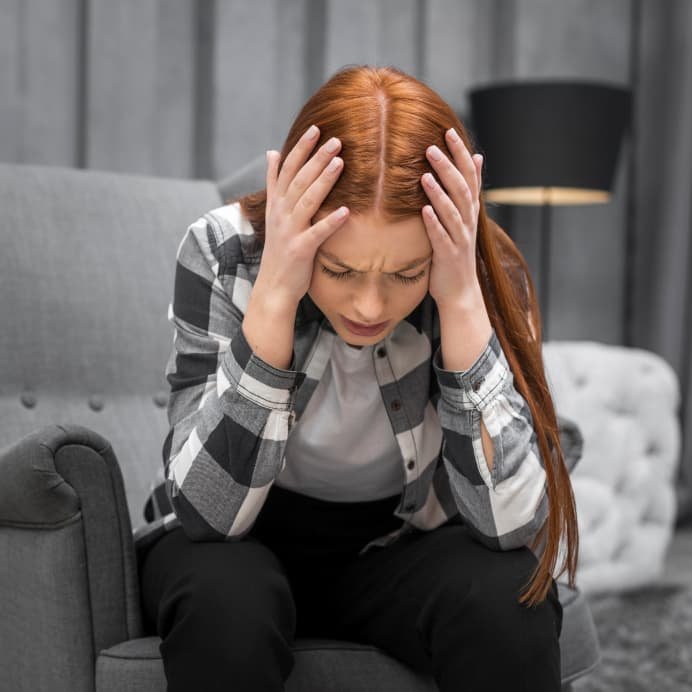
Definition of PTSD
PTSD is a psychiatric condition that arises after exposure to a traumatic event. Individuals with PTSD often endure intrusive and distressing memories, nightmares, and flashbacks related to the traumatic experience. They may also display avoidance behaviors, encounter negative changes in mood and cognition, and exhibit heightened arousal and reactivity. The condition can substantially impair daily functioning, relationships, and overall quality of life.
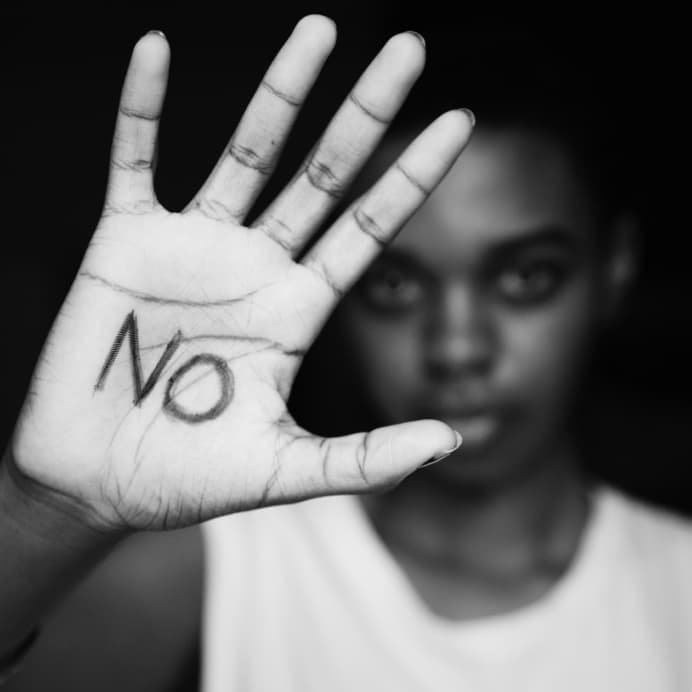
Warning Signs of PTSD
Recognizing the warning signs of PTSD is essential for early intervention and support. Individuals experiencing PTSD may exhibit various symptoms affecting their daily lives. These warning signs include:
- Flashbacks and Nightmares: Re-experiencing the traumatic event through vivid memories, intrusive thoughts, or distressing dreams.
- Avoidance Behaviors: Steering clear of people, places, or activities reminiscent of the traumatic occurrence to suppress distressing memories.
- Hyperarousal: Constant feelings of being on edge, easily startled, and difficulty relaxing or sleeping.
- Emotional Changes: Intense emotions like anger, guilt, shame, or sadness, along with emotional numbness or detachment from others.
- Negative Thinking Patterns: Negative thoughts about oneself, others, and the world, coupled with feelings of hopelessness or diminished self-worth.
- Changes in Behavior: Increased irritability, aggression, or self-destructive behaviors.
If these symptoms are recognized, seeking PTSD treatment in Los Angeles is crucial to address the disorder promptly and identify any potential dual diagnosis with PTSD.
Health Complications from PTSD
People with PTSD have an elevated risk of developing co-occurring disorders such as depression, anxiety disorders, and substance abuse problems. Additionally, PTSD can lead to physical health issues like chronic pain, headaches, and compromised immune system function. Some individuals with PTSD may engage in self-destructive behaviors or face relationship difficulties, while occupational problems like decreased work performance can also arise. Seeking support from a mental health professional is crucial to address these health complications and enhance overall well-being.
Treatment Options for PTSD
Effective treatment for PTSD often includes a combination of therapies and lifestyle changes:
- Cognitive Behavioral Therapy (CBT): Focuses on identifying and changing negative thought patterns and behaviors related to the trauma.
- Exposure Therapy: Helps individuals confront and gradually reduce their fear of traumatic memories through controlled exposure.
- Eye Movement Desensitization and Reprocessing (EMDR): A specialized therapy that helps process and integrate traumatic memories.
- Medication: Antidepressants, anti-anxiety medications, and other prescribed drugs can help manage symptoms.
- Mindfulness and Relaxation Techniques: Practices like meditation, deep breathing, and progressive muscle relaxation can reduce stress and improve emotional regulation.
- Support Groups: Sharing experiences and support in a community setting can provide a sense of belonging and understanding.

Why Choose 911 Detox recovery for Alcohol Rehabilitation?
Struggling with alcohol addiction can feel isolating and overwhelming, but you don’t have to go through it alone. At 911 Detox Center, we offer a transformative journey towards lasting sobriety that goes beyond just detox.

Detox
Our journey begins with a safe and comfortable, medically supervised detox. We understand the challenges of withdrawal, so we’ll be by your side, managing symptoms and addressing underlying triggers.
Residential
Immerse yourself in a supportive and structured program designed for healing and self-discovery. Through individual therapy sessions, you’ll delve deeper into your story, gaining insights and tools for lasting change.
Recovery Maintenance
Our commitment extends beyond treatment. We offer ongoing support groups, connecting you with others who understand your struggles and celebrate your successes.
When to Seek Professional Help
If PTSD symptoms overwhelm you or disrupt daily life, it is essential to seek professional help. Our experienced team at PTSD Rehab Los Angeles offers effective treatment and personalized care. Call us at (409) 9000 911 to start your journey toward healing.
Self-Help Strategies
In addition to professional treatment, self-help strategies can help manage PTSD:
- Establish a Routine: A structured daily routine can provide control and predictability, helping to manage symptoms.
- Limit Screen Time: Reducing screen exposure, especially before bed, can improve sleep quality and reduce anxiety.
- Stay Connected: Maintain social connections for emotional support. Regular interaction with friends and family can alleviate feelings of isolation.
- Practice Self-Compassion: Be kind to yourself and accept your feelings. Self-compassion helps reduce self-criticism and fosters a positive mindset.
- Set Realistic Goals: Break tasks into manageable steps to avoid feeling overwhelmed. Achieving small goals can build confidence and reduce stress.
Lifestyle Changes to Manage PTSD
Making certain lifestyle adjustments can significantly help in managing PTSD:
- Healthy Eating Habits: Incorporate more fruits, vegetables, lean proteins, and whole grains into your diet. Avoid excessive caffeine and sugar intake.
- Regular Physical Activity: Engage in at least 30 minutes of exercise most days of the week. Activities like walking, running, or yoga can be particularly beneficial.
- Adequate Sleep: Ensure you get 7-9 hours of sleep per night. Establish a bedtime routine to promote better sleep quality.
- Mindfulness Practices: Incorporate mindfulness practices like meditation, deep breathing exercises, or progressive muscle relaxation into your daily routine.
- Limit Alcohol and Substance Use: Reduce or eliminate the use of alcohol and other substances. These can worsen PTSD symptoms and lead to dependency.
- Seek Social Support: Spend time with loved ones and engage in social activities. Building a strong support network can provide emotional reassurance.
Get Help Today
PTSD is manageable with the right approach. Recognize the signs, understand the complications, and explore treatment options. For professional help, contact our team at PTSD Rehab Los Angeles. Call (409) 9000 911 to begin your path to recovery. Our dedicated team is here to support you every step of the way.
Our Programs
We focus on healing your mind, body, and spirit, not just stopping substances, for a holistic approach to lasting sobriety. Whether you're battling a new addiction, facing relapse, or carrying past trauma, we're your partner on the journey to a brighter future, free from addiction's grip․
Detox Program
Our safe and supportive detox program can help you clear your head and start fresh. We'll be right there with you, gently guiding your body's natural healing.
Residential Program
Our residential program repairs your body, mind, and spirit. Imagine a life free from addiction, feeling healthy and happy - we'll help you get there.






